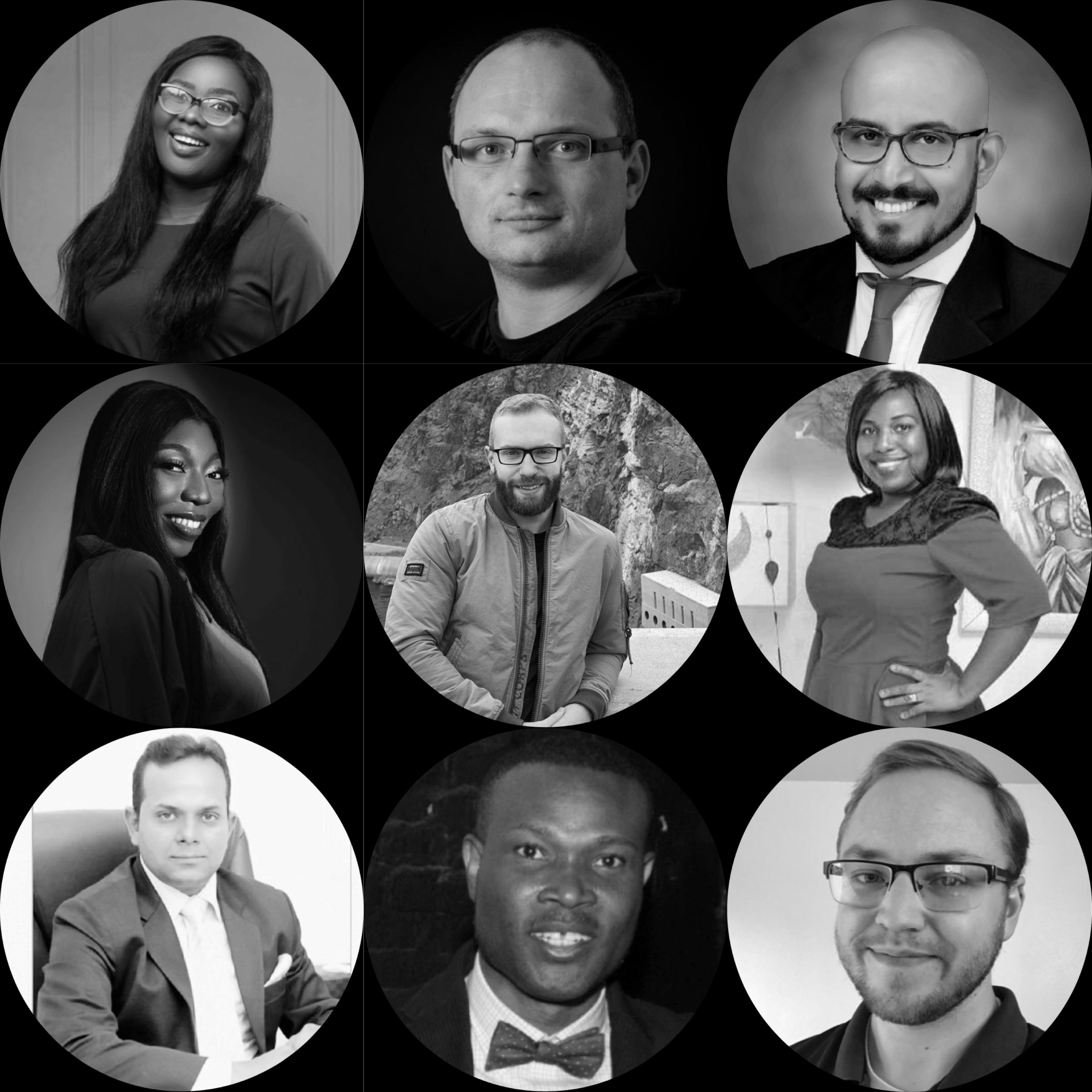By Zion Rufus
Experts from diverse professional backgrounds have voiced concerns regarding the evolving behavior of Gen Z employees, as the generation, shaped by technology and instant gratification, dominates the workforce.
Where some questioned the practicality of catering to the needs of this vibrant generation, citing issues such as perceived lack of loyalty and job-hopping tendencies, others, amidst the concerns, highlighted valuable insights for companies to effectively engage and manage them.
In their opinion, successfully leading Gen Z now requires a shift in leadership mindset and a recognition of their strengths and challenges.
“Companies that adapt to Gen Z’s evolving behavior can foster a productive and engaging work environment, attracting and retaining top talent in this generation,” said Tayo Bamiji, a marketing consultant.
Dr. Nneoma E., a strategic and result-driven HR professional, shared valuable insights on how to navigate the challenges associated with leading GenZs in the workplace.
According to her, leaders must recognize that Gen Z seeks instant gratification and values open validation. Clear expectations and goals are also vital for this generation, as transparent communication helps keep them motivated.
“Flexibility and work-life balance are also crucial to Gen Z, who champion a harmonious integration of personal and professional life. Offering meaningful work aligned with their values and providing opportunities for growth and development are also essential to engage and retain Gen Z talent. Leveraging technology for efficiency is another way to harness their tech-savviness,” Nneoma said.
However, not all professionals are convinced that accommodating Gen Z’s needs is viable for every business.
Priyank Garg, a managing director and hydro power enthusiast, raised concerns about the practicality of implementing these strategies in start-ups or small businesses. He highlighted the perceived lack of loyalty, skills, and knowledge among Gen Z workers, along with their tendency to job-hop.
For Garg, prioritizing the needs of Gen Z employees requires substantial resources and a large corporate structure, without guaranteeing long-term employee retention.
Ruchit S., a senior technical lead, on his part emphasized the cyclical nature of generational dynamics. Urging leaders to apply logical thinking before passing judgment on younger generations, the tech leaf pointed out that “each generation has something to teach and learn from others, as they adapt to the specific challenges of their time.”
Meanwhile Sean O’Connor, executive director at Portfolio Wellness Solution, encouraged a more open-minded approach.
He maintained that each generation contributes to the continuous progress of humankind and that younger generations should be appreciated and consulted as they tackle today’s unique challenges.
Brian J Givens posited that companies can no longer rely on fear to keep people around.
He said “My generation (born in 1998) is willing to walk away at any time and negotiate for raises and other benefits instead of just taking what is tossed their way. Companies not offering compensation competitively will have applications sitting for months or years. The advantage is we are ambitious and technologically advanced from an early age. I can teach myself CAD, ladder logic, and coding, and so much more from searching around on the internet.”
Oyeyemi Benjamin Adegbola, who also identifies as a Gen Z, emphasized the importance of a positive work environment and the need for a reward system that acknowledges good character, work ethic, and commitment. Adegbola underscores that mental well-being should take precedence over material wealth.
Brian Keegan, a software engineer, also shed light on the economic struggles faced by Gen Z. He argued that the current generation has faced one of the most challenging economic climates since the Great Depression.
Keegan believes that Gen Z’s job-hopping and search for better opportunities are a response to the financial hardships they face, rather than an inherent flaw in their character.
Grace ‘Karo (AmbP), a peace ambassador and consultant, stressed the significance of competitive compensation systems to attract and retain Gen Z employees. She noted that offering a robust compensation package, including competitive salaries, incentives, perks, and bonuses, is crucial to address their basic needs and financial concerns.
Moruph Osuolale, a Clinical Telemetry/Med Surg Nurse, advocated for flexibility and self-scheduling to address retention issues. Bliss Ojeruse, a Development Consultant, praised the innovative mindset required to find new solutions instead of labeling problems.
Matias W. Costa reflected on the purpose-driven nature of Gen Z and the importance of serving a higher goal. Matthew Brzozowski on his part highlighted the access to knowledge and the changing mentality in today’s digital era.
Uche Ogbonna, echoing Dr. Nneoma E.’s sentiments, stressed the importance of adapting leadership approaches to effectively manage and motivate Gen Z employees.
He stated that clear expectations, flexibility, meaningful work, growth opportunities, and leveraging technology can contribute to their satisfaction, retention, and productivity.






Comment
No comments found.